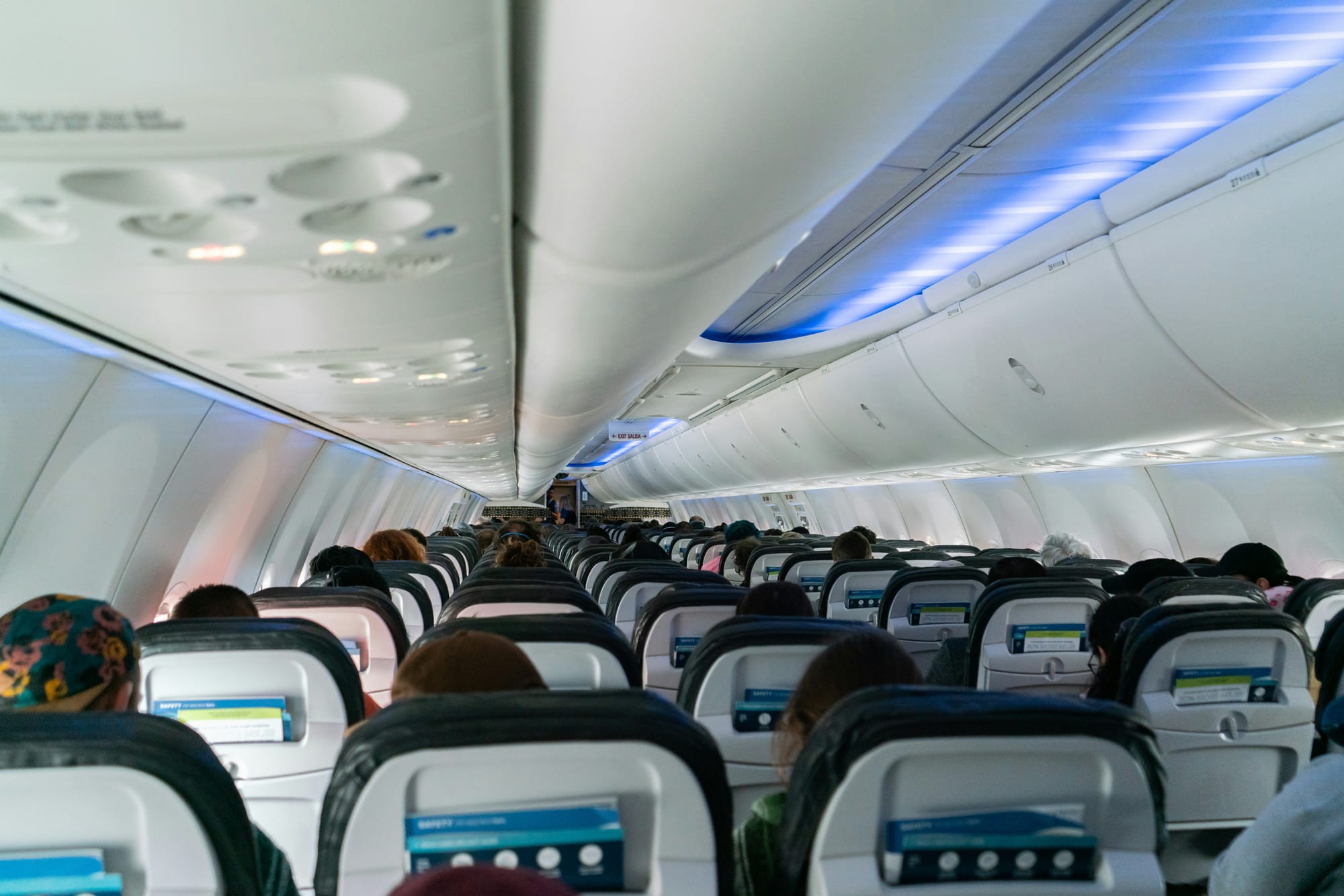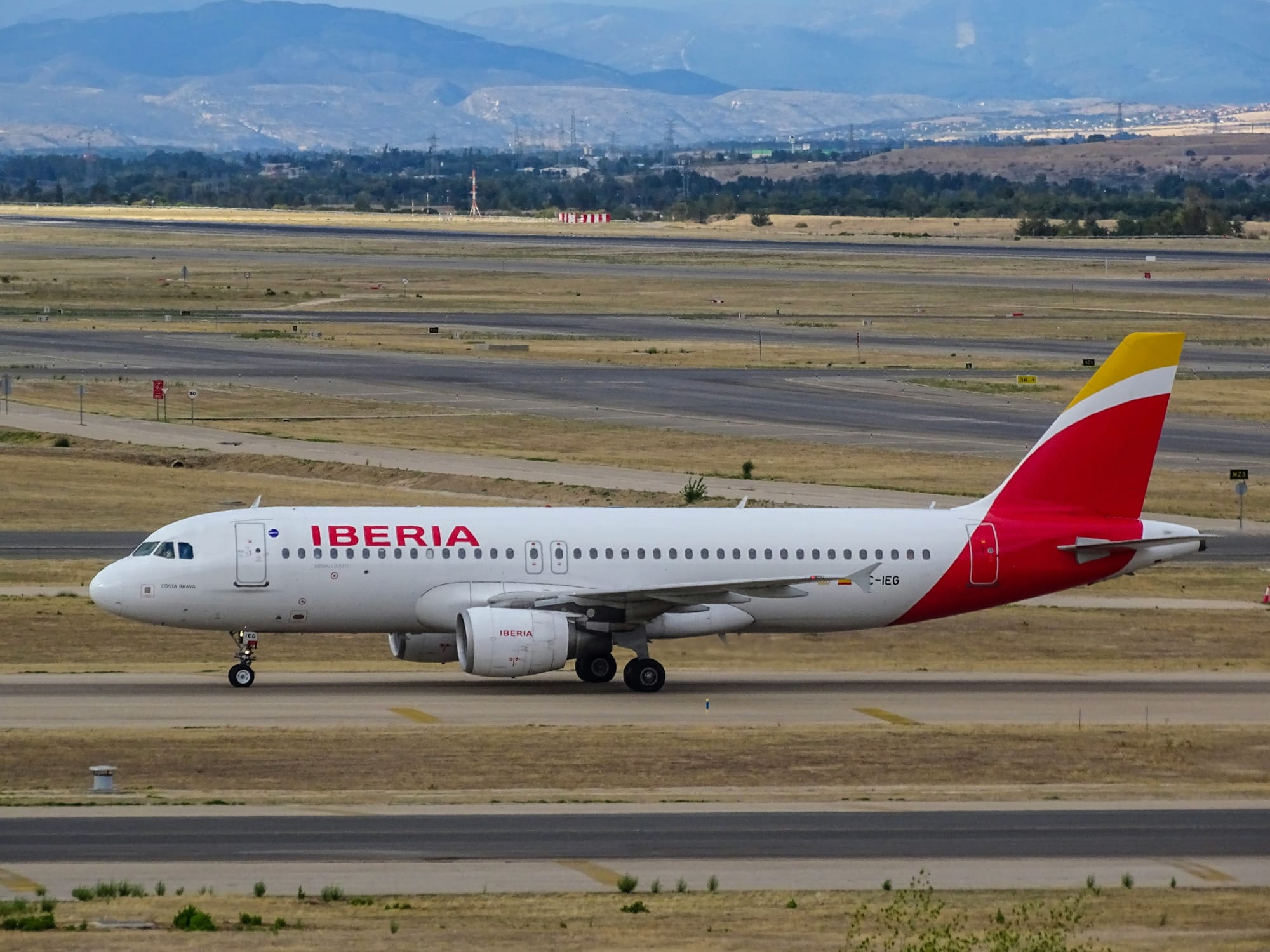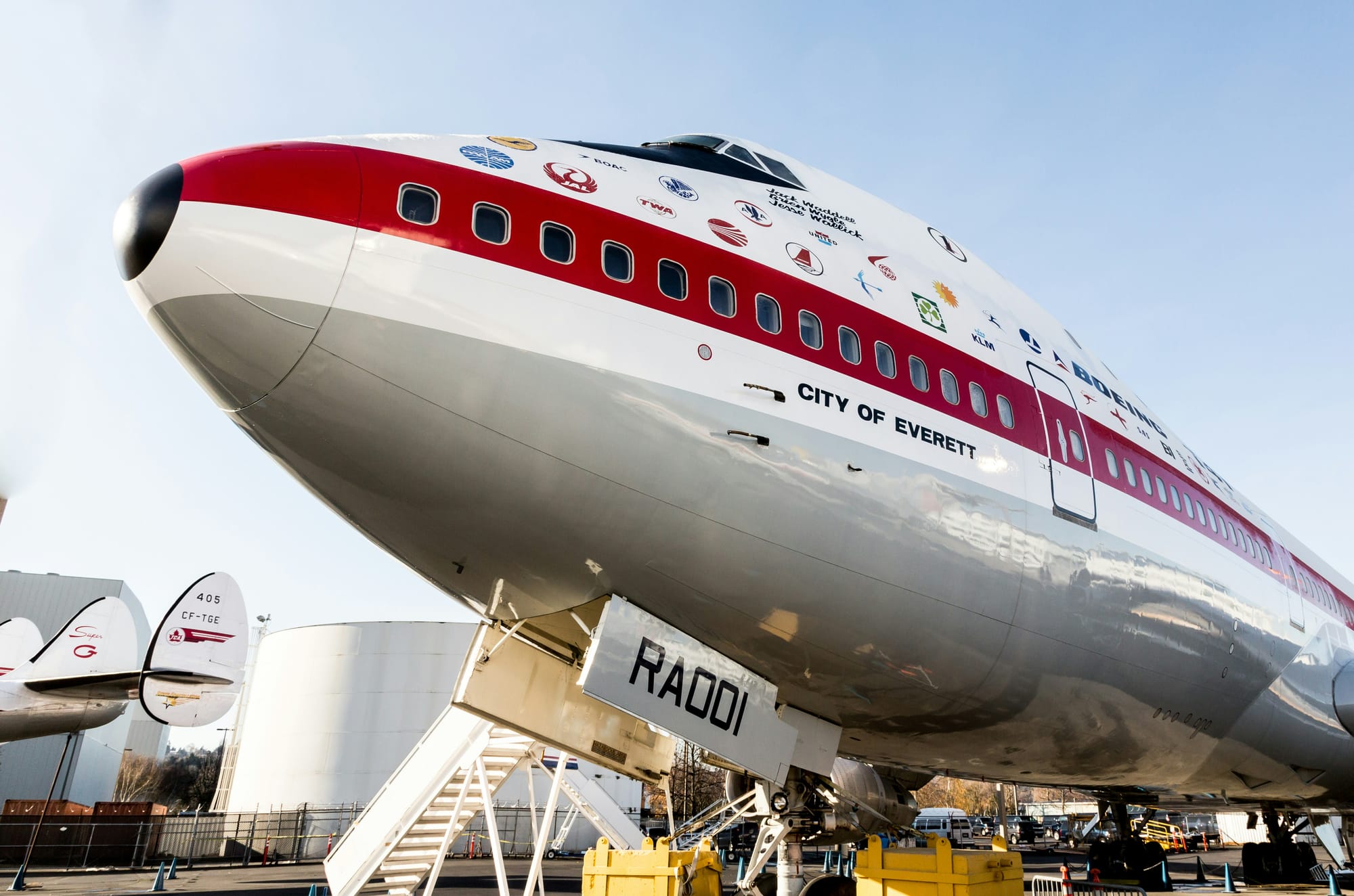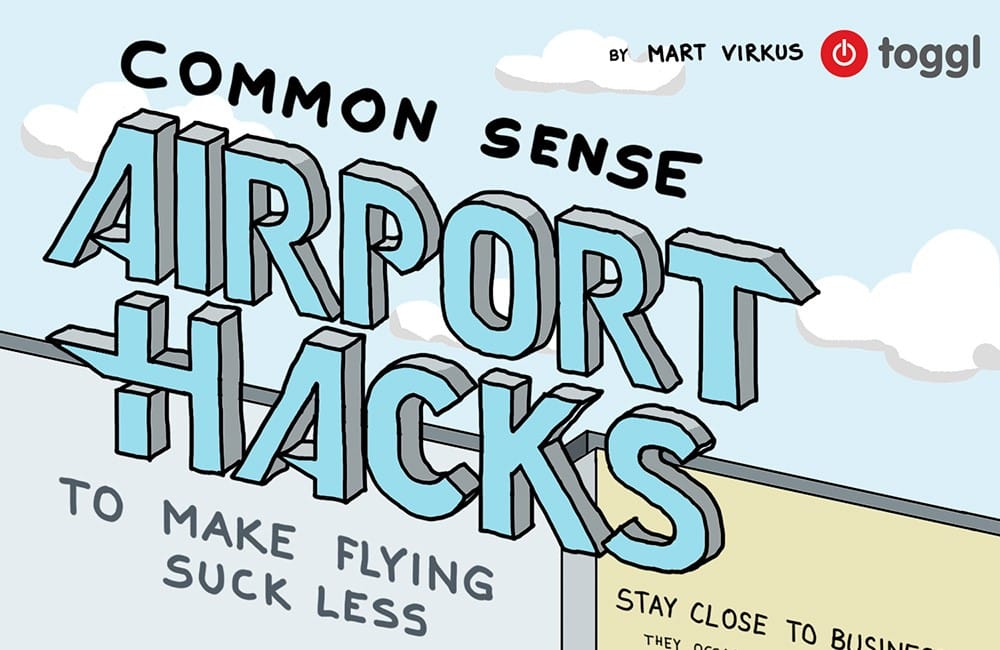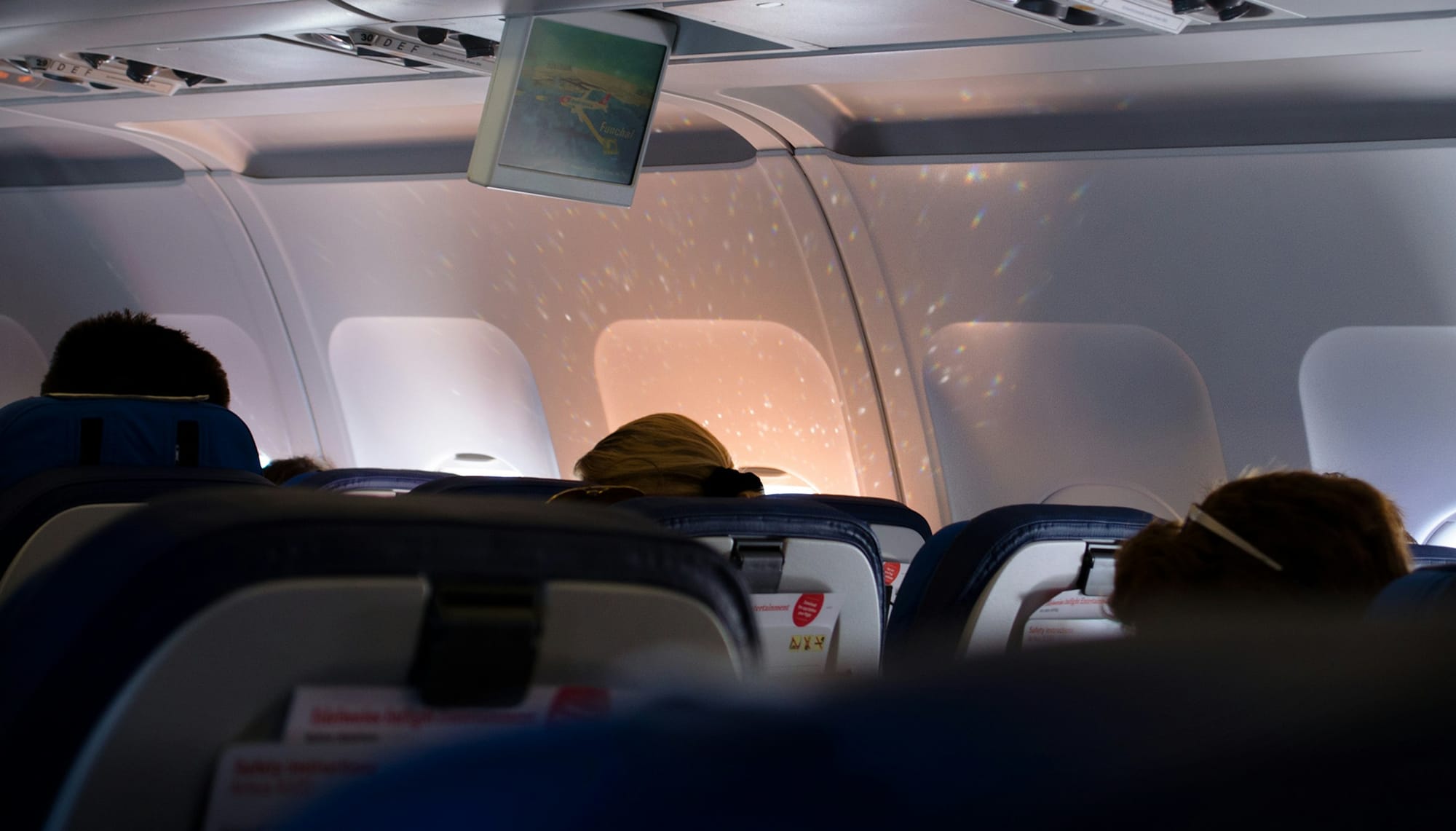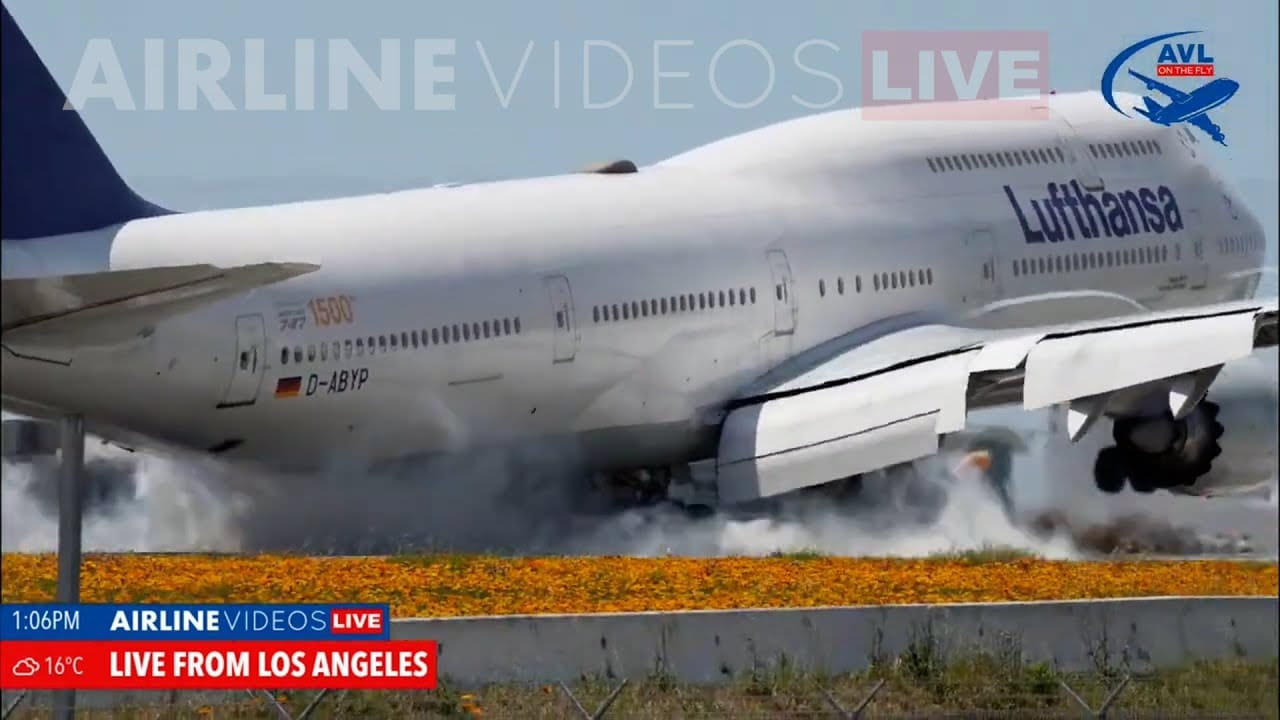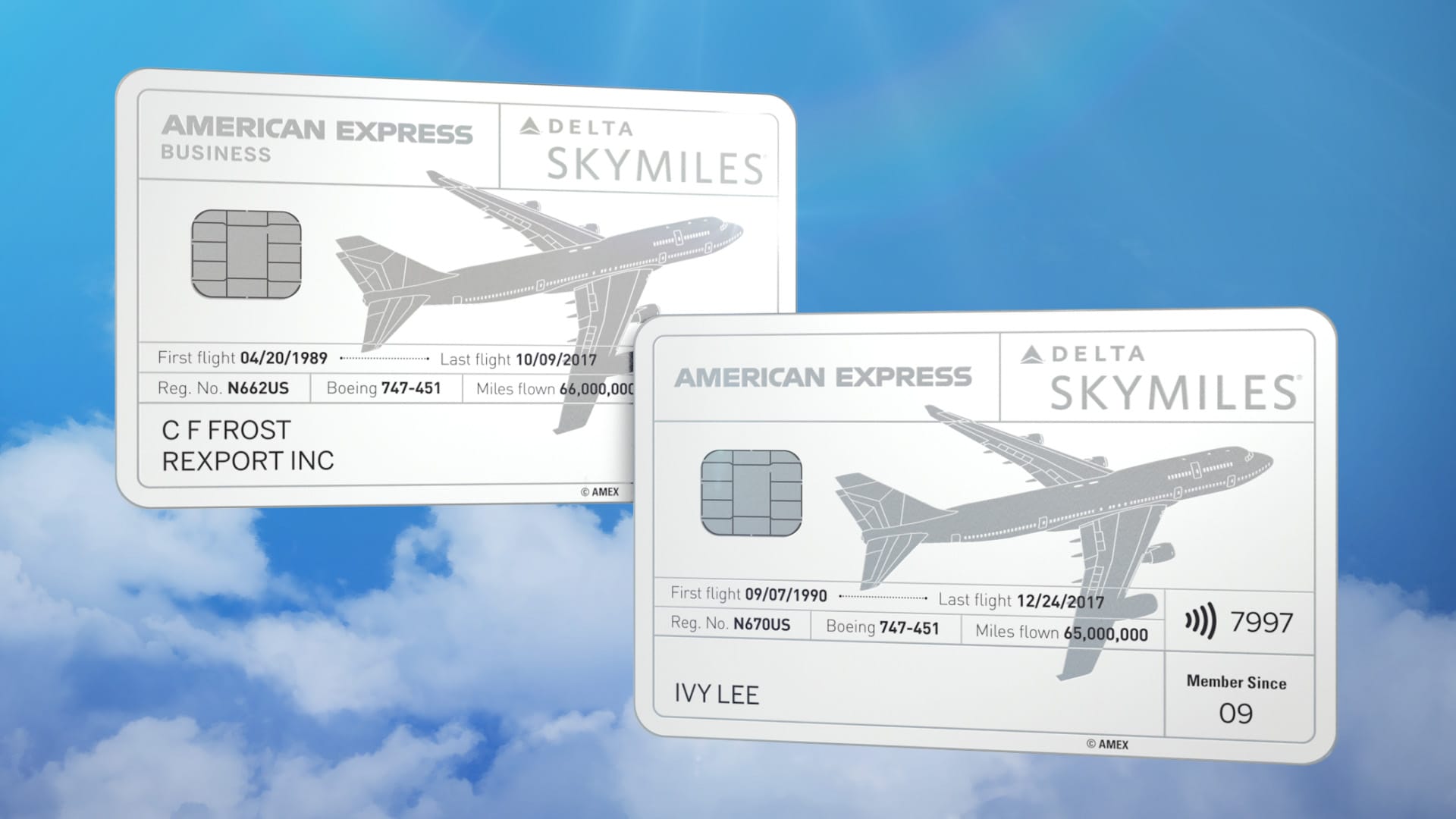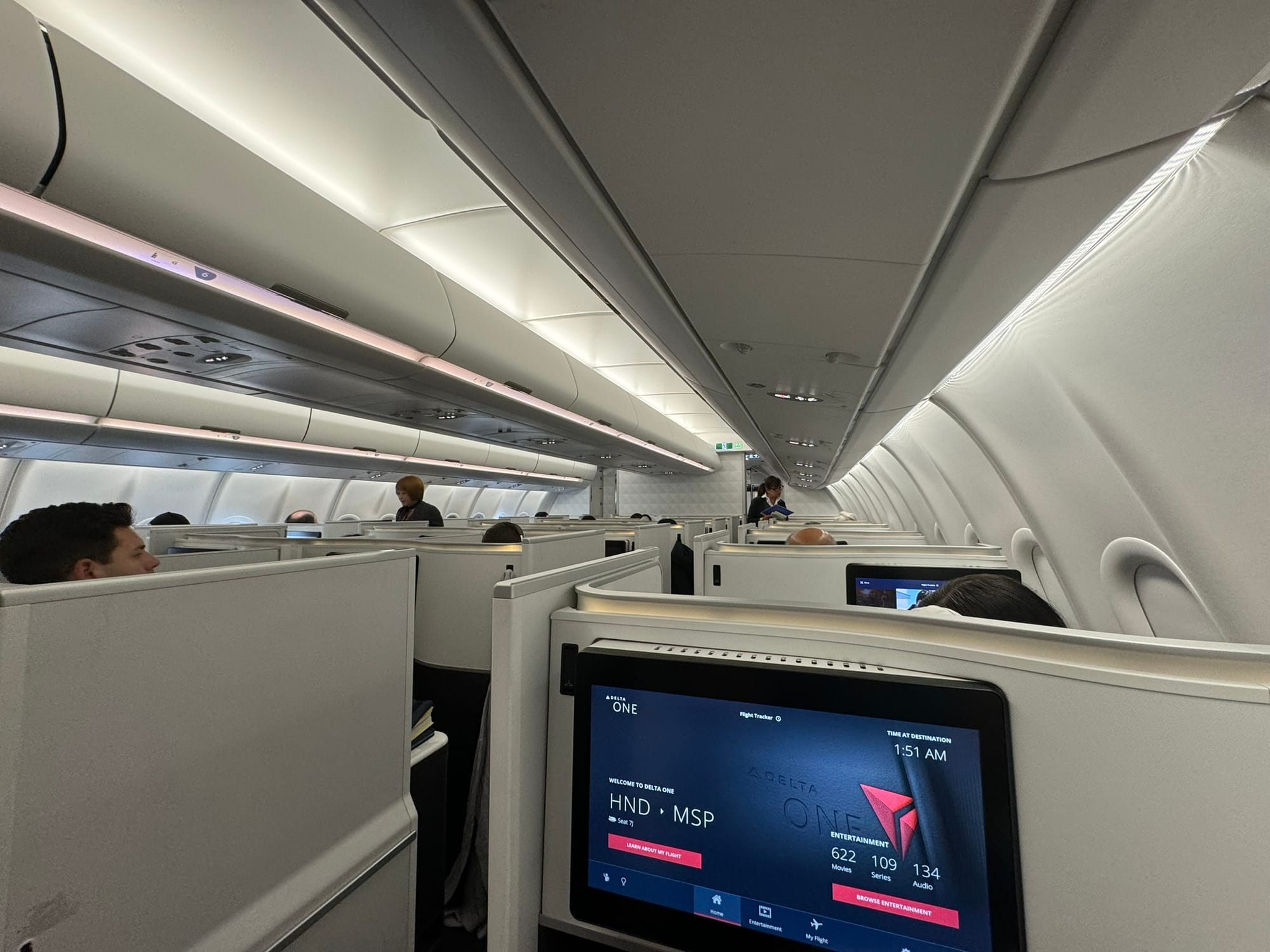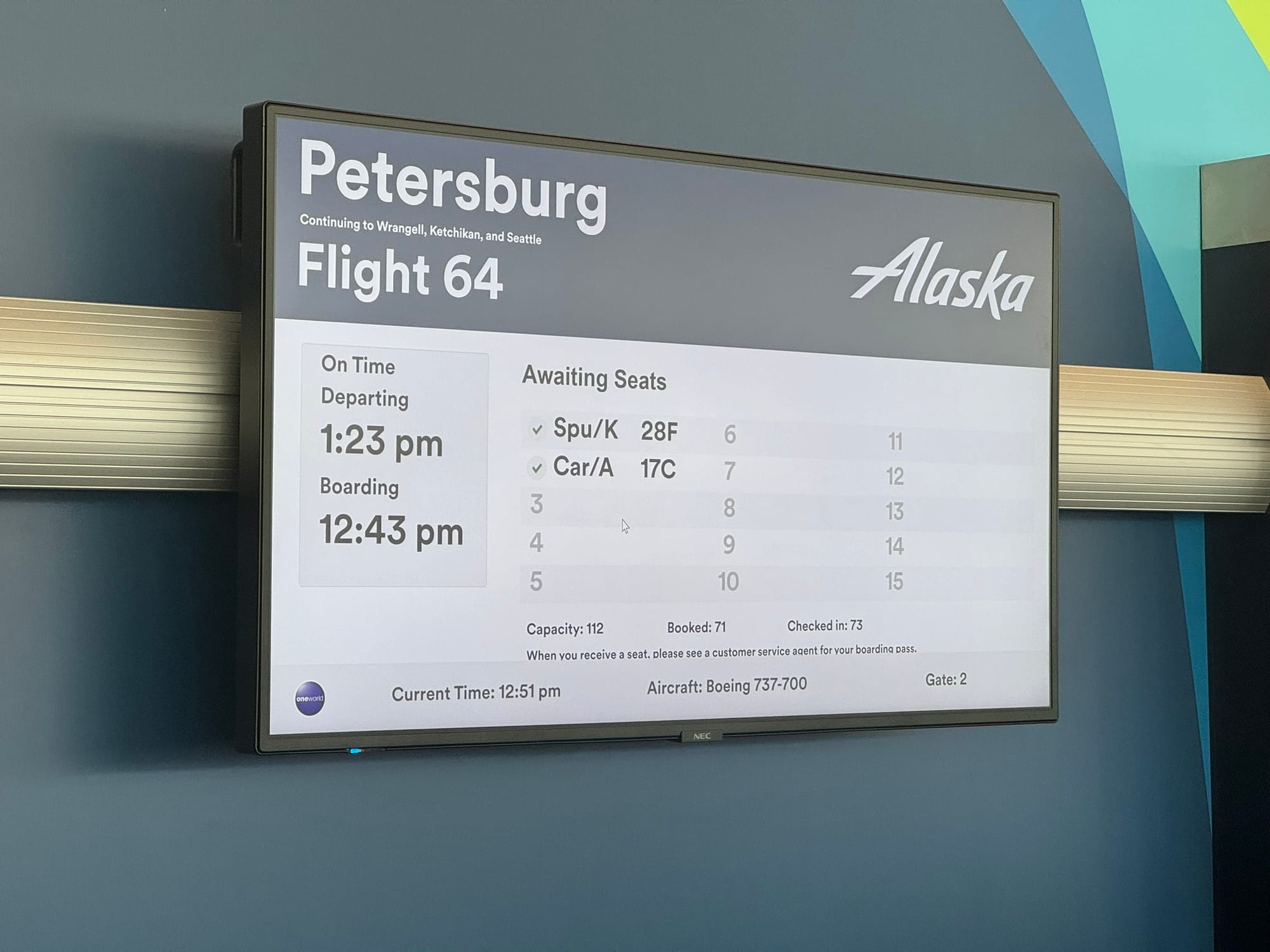Did you know that not everyone on your flight pays (or redeems miles) for their flight? These people are most likely airline employees who travel under a space available policy with their own airline, this is a perk most major airlines give to their employees as a privilege of working for that airline. Not only are most employees eligible to fly in economy but depending on the flight they may even be able to travel in a premium cabin such as Business class and not pay a dime.
Space Available Travel
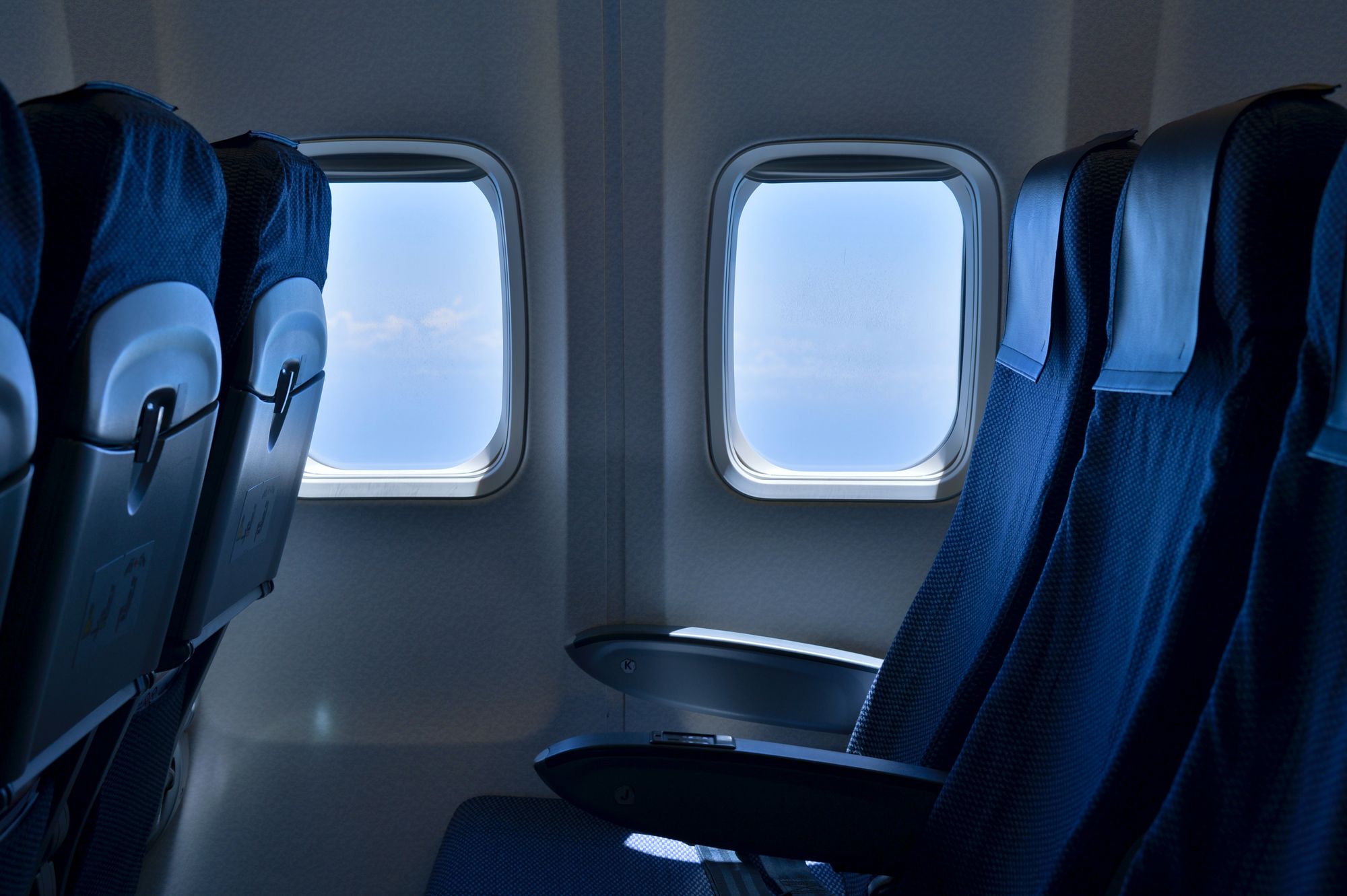
Probably the biggest perk of working for an airline is the ability to fly on your own airline for little or no cost. You've likely seen a friend or family member posting about traveling across seas or to exotic destinations and thought they pay an arm and a leg to their own airline to fly to these destinations, however that's more than likely not the case. Instead they have hopped on a flight for free and been able to travel around the world.
A common misconception is that these airline employees are taking up seats that could be taken by a paying passenger, however this is completely untrue. Airline employees travel on a space available policy. This means that employees are only let on the airplane after all paying passengers are onboard and all upgrades are processed.
These open seats, which would go out open anyways are given to employees as a perk to them. This both ensures that the airline maximizes revenue, and fulfills obligations to the airline's elite members. The order that airlines give out these seats to their employees are usually by company hire date or check-in time.
Business Class Seats And Paying Passengers
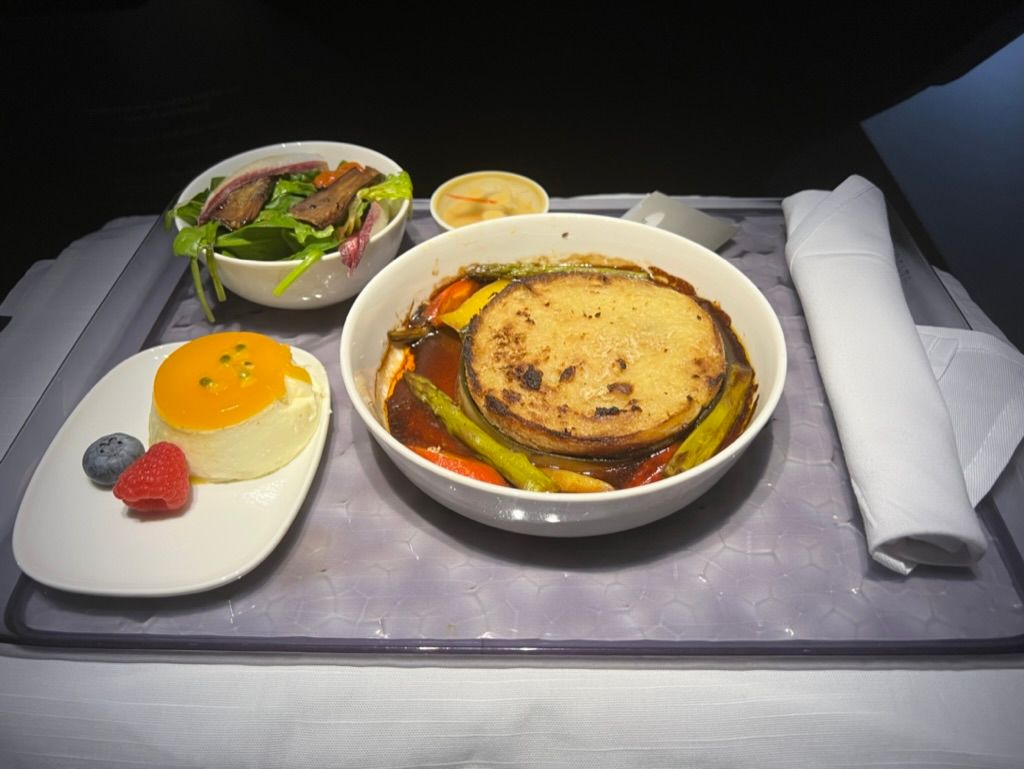
One complaint that I hear over and over again is anger towards employees who get given business class seats over paying passengers. This is largely down to each individual airlines, but most airlines will follow these rules for upgrades. On a domestic flight airlines will upgrade passengers to business class based on the status that passenger holds with the airline, because these upgrades are mostly complimentary it's extremely rare for an employee to get upgraded to first class domestically.
International flights are where most non-rev employees manage to get upgrades to business class. Airlines don't usually offer complimentary upgrades to international destinations, this can be for a variety of different reasons including an elevated level of service and the cost to operate a higher class cabin and amenities. Upgrades internationally are usually only processed by upgrade certificates that elite members earn or pay money or miles for. This has the potential to leave a larger amount of seats opens for departure.
While an employee may be granted a business class seat they are not entitled to any of the additional amenities provided by the airline to a paying passenger. They are usually the last one to pick their meal choice, and if they run out of meals the employee is not granted any compensation. At the time of departure if the seat is open the employee is only entitled to the seat that they sit in and not additional amenities or services.
How Can I Tell If a Passenger Is a Non-Rev?
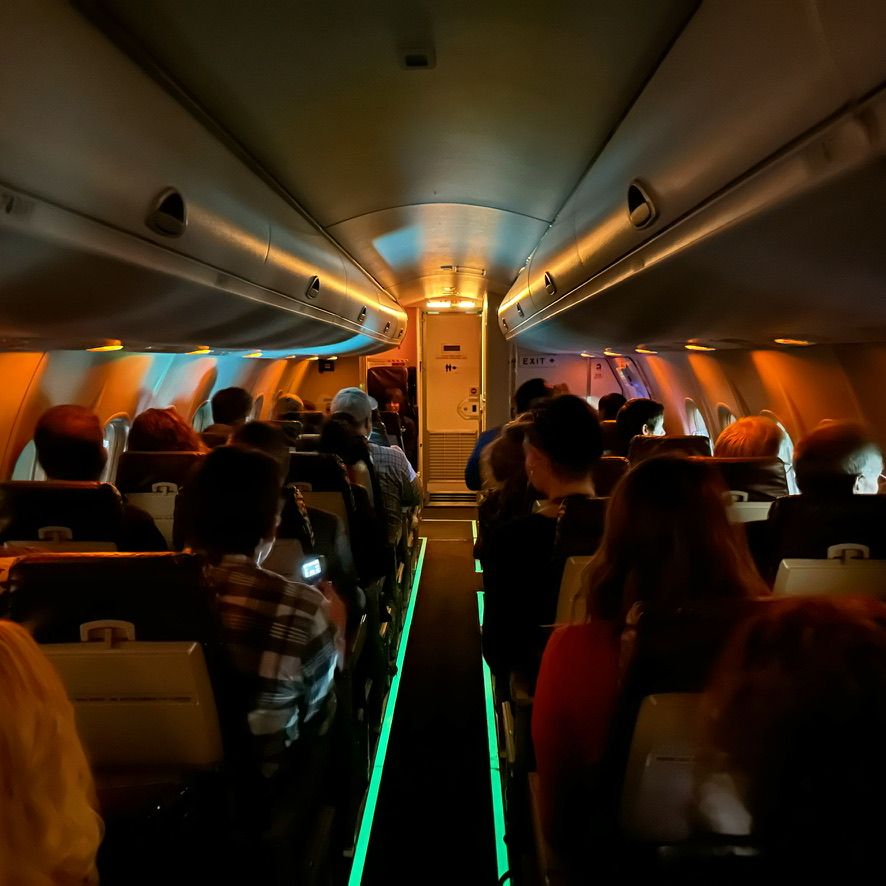
The short answer is: you shouldn't be able to. Employees are taught to keep a low profile and act as if they are another paying passenger. Airlines don't want you to know the seat you payed $2000 for has been given for free to someone you're sitting next to. Every airline employee is very appreciative for the perk that is offered to them, and because it can be taken away at any moment for misbehavior it's an incentive to blend in to the flight.
Why Should Employees Fly For Free?
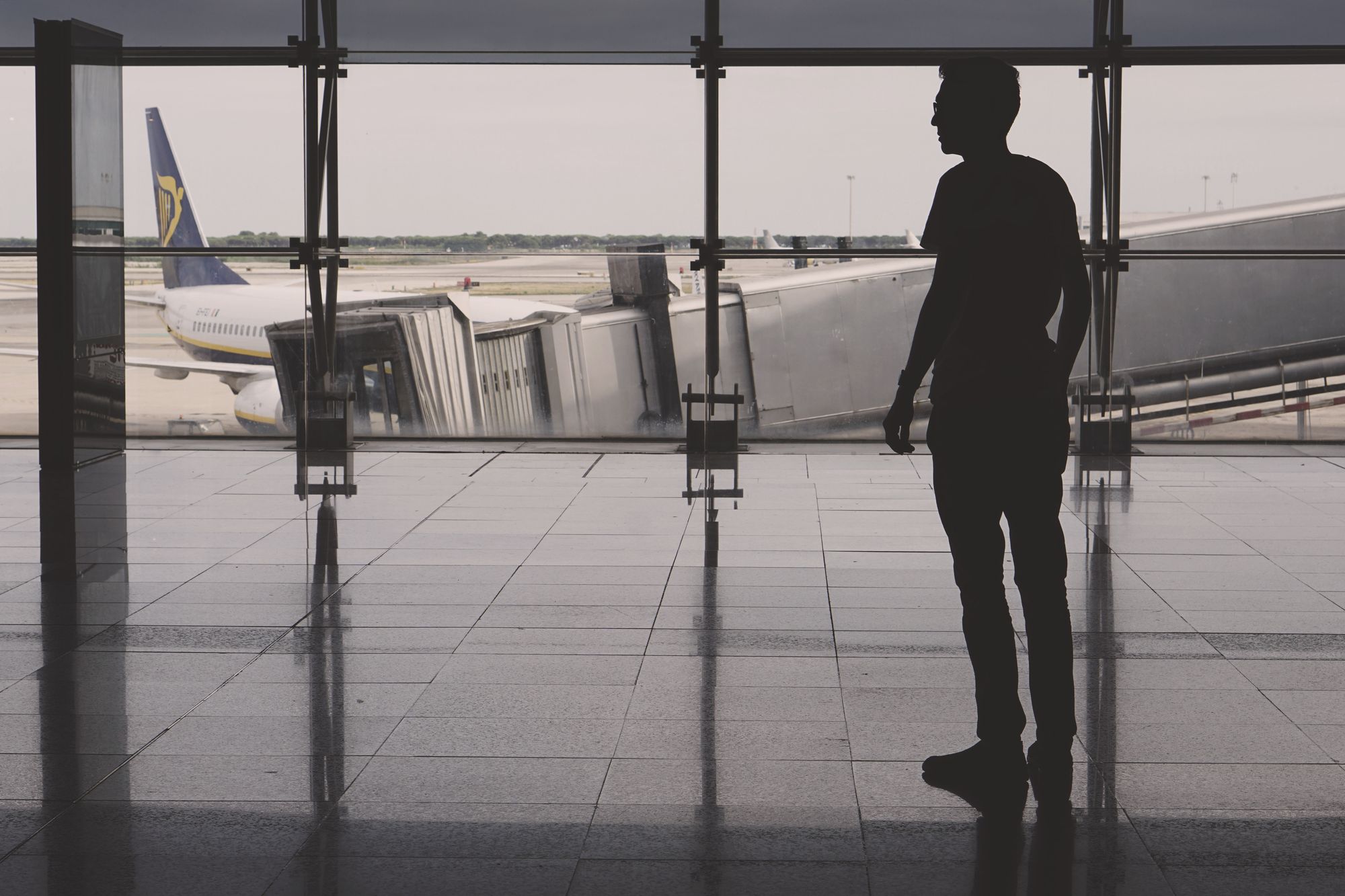
It's always interesting to see this argument online, people will usually gravitate to two sides, those who believe it's unfair for an employee to fly for free and those who understand the benefit awarded to the employee.
To those that believe an employee who shouldn't fly for free, they don't understand the logistics and rules behind free flights. These people mostly argue that the employee is taking up a seat that a paying passenger could have had, and the simple answer is that an employee doesn't get on until all paying passengers are onboard.
But those who understand, it's comparable to an Apple employee who gets deep discounts on their hardware or a retail employee who usually gets discounts on products that they sell. For airlines their products are flights, and this is just a similar perk afforded to the employee.
Does An Employee Fly Free On Every Airline?
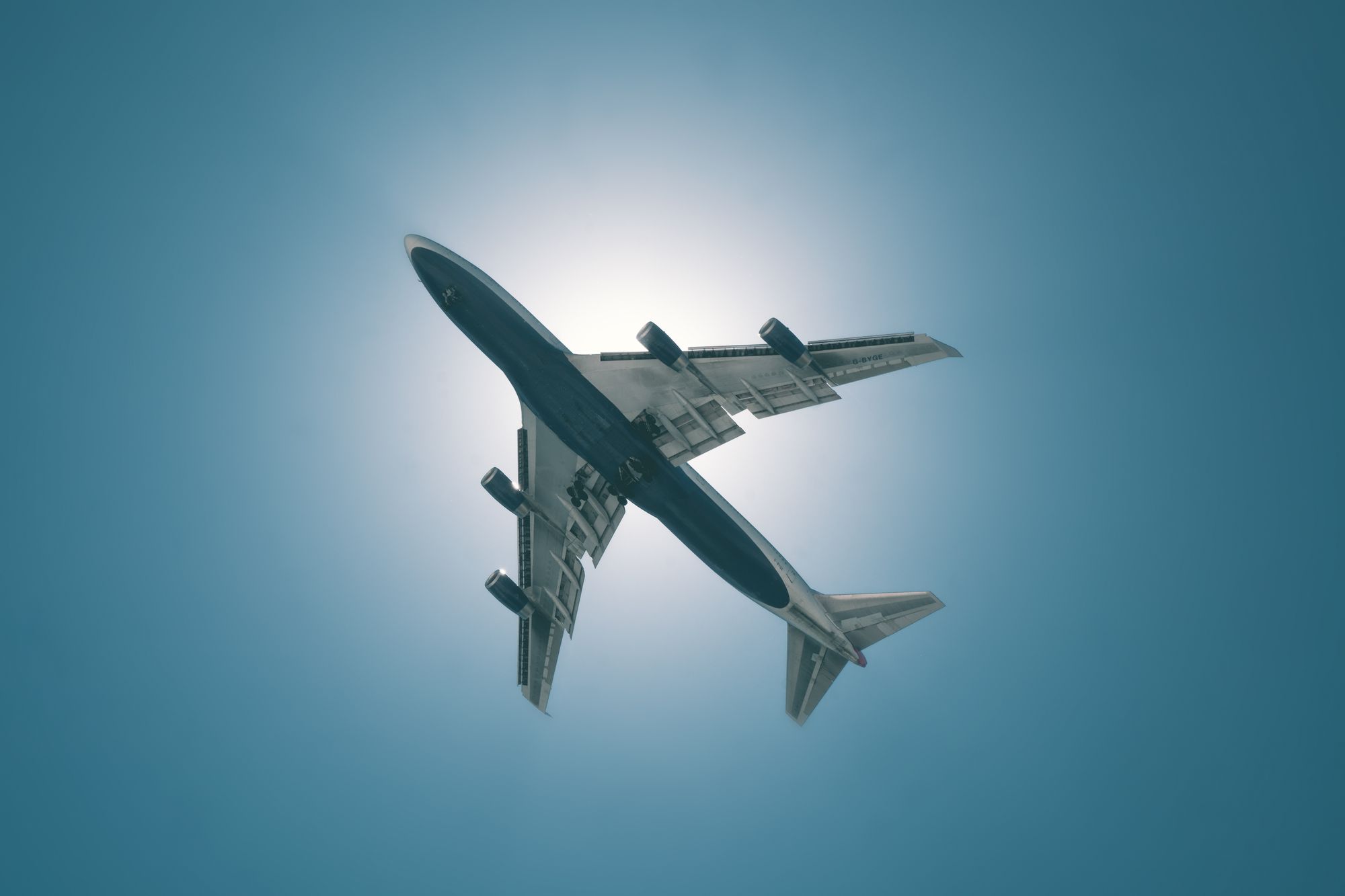
This is a complicated question, usually the completely "free" travel is only for the employee's own airline. However an airline employee can usually purchase a standby ticket on almost any airline (usually called interline travel) for a small fee, usually just paying applicable taxes that the airline would incur by flying you as a passenger. For example a transcon from SFO to EWR would cost about $75 to non-rev on.
Internationally these fees may be up to $500 depending on exit taxes for international destinations, you'll hear most employees complain about flying out of London, they have one of the highest exit taxes in the world with around $300-$400 per person to exit the country on top of airline fees.
Is Non-Rev Traveling Really That Easy?

No. You are traveling on a space available purpose, this means you may not make your first, second, or even third flight. Employees may be sitting around an airport all day long trying to make a flight and being unable to get out. You are guaranteed nothing when flying, so if you need to be removed for a overweight or oversold flight you will be. If a flight cancels you are not entitled to any compensation or overnight hotels.
If traveling during peak seasons, good luck getting a business class seat. You may be stuck in the back of the airplane for 10 hours in a middle seat. But at least you're getting there. It's not all glitz and glamor, employees have to be smart about when and how they're traveling.
Traveling with your family? Be ready to get separated. Not every flight will have the exact number of seats you need to get to your destination, often families will have to decide quick who stays and who tries for a different flight.
Final Thoughts
I've just scratched the surface for employee travel perks, I haven't even explored discounted revenue travel some airlines offer, or reciprocal travel agreements for partner airlines. While we get some awesome cool perks, they come with risk, and it's always a privilege when travel happens to go well and exactly as expected. But most of the time it's a struggle to get where you want, when you want, and how you want.

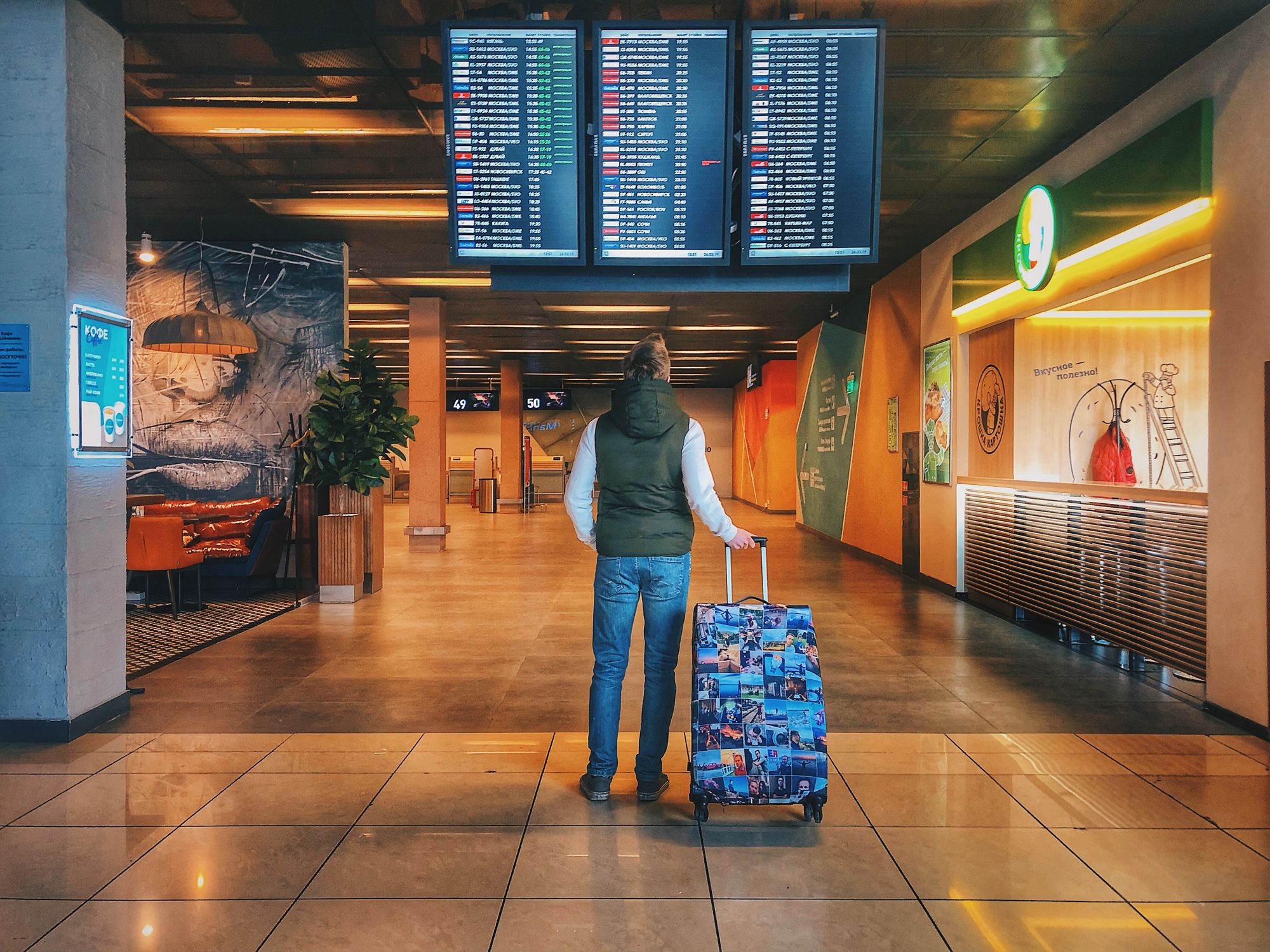

![[HOT UNPUBLISHED SALE] Alaska Air $500 First Class Round Trip From Atlanta to Juneau](https://static.avgeeks.aero/content/media/2023/09/51121950921_8abd39a62d.jpg)

